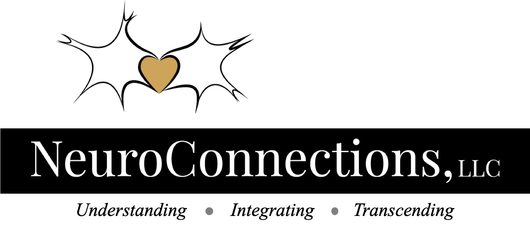SERVICES
A neuropsychological evaluation is a comprehensive assessment of one's neurocognitive and psychological functioning. Neuropsychological evaluations for adults typically involve reviewing medical records, collecting additional relevant background information through interviewing the patient, completing standardized testing, interpreting test results, preparing an integrative report to describer findings as they are situated within the larger clinical picture, and making recommendations for next steps as indicated. Though test selection is tailored to a patient’s unique needs, testing often involves sampling the following domains:
- Intellectual functioning
- Fine motor functioning
- Processing speed
- Attention
- Language functioning (expressive and receptive)
- Visuospatial functioning
- Learning/memory
- Executive functioning
- Psychological functioning
Examples of referral questions I routinely address include:
- Are there neurocognitive deficits suggesting postconcussional syndrome?
- Is there evidence of a dementing process?
- Is there a pattern of neurocognitive deficits indicating damage associated with seizures?
- What is baseline neurocognitive functioning following newly diagnosed MS or brain tumor?
- Do the reported problems with attention suggest ADHD or is something else going on?
- In what ways might psychiatric problems be factoring into the clinical picture?
- Is this person capable of making major medical and legal decisions independently?
Psychotherapy
can be helpful for a variety of psychological problems. I use a collaborative, experiential, relational approach that involves talk therapy and may involve exposure therapy if we are processing trauma. It integrates aspects of your somatic, emotional, and cognitive experience.
Examples of issues I can be helpful with include:
- Adjusting to life and finding meaning while dealing with functional, neurocognitive, emotional, and/or personality changes after brain injury (e.g. TBI, stroke).
- Identifying neurorehabilitative concerns and making referrals to other specialists as indicated.
- Providing brain injury education, psychoeducation, and supportive therapy to patients with acquired brain injury and their family members.
- Working through symptoms of anxiety, depressed mood, posttraumatic stress, and/or unresolved traumatic memory that may or may not be related to acquired brain injury.
- Working through grief, acceptance, and transitions related to one’s health and sense of self.
- Cultivating internal resources for increased resilience to deal with life’s many challenges.
- Cultivating brain-based practices that increase one’s sense of self-awareness.
FORENSIC & EXPERT WITNESS SERVICES
Forensic neuropsychological evaluations and expert witness services
are requested for different reasons. They are requested by an attorney if their client (plaintiff) is reporting neurocognitive problems related to a suspected brain injury resulting from a specific, identifiable event (e.g., assault, motor vehicle accident, work-related accident). They are also requested by the attorney for the defendant when he or she wants to clarify if and the extent to which the plaintiff is suffering from genuine neurocognitive problems. In both cases, the attorney is seeking a non-biased, expert opinion to clarify whether or not the injured person’s reported neurocognitive problems can be objectively identified through a standardized testing and evaluation process and attributed to the event in question.
I have experience in conducting neuropsychological evaluations and providing expert consultation for personal injury and adult guardianship cases.

